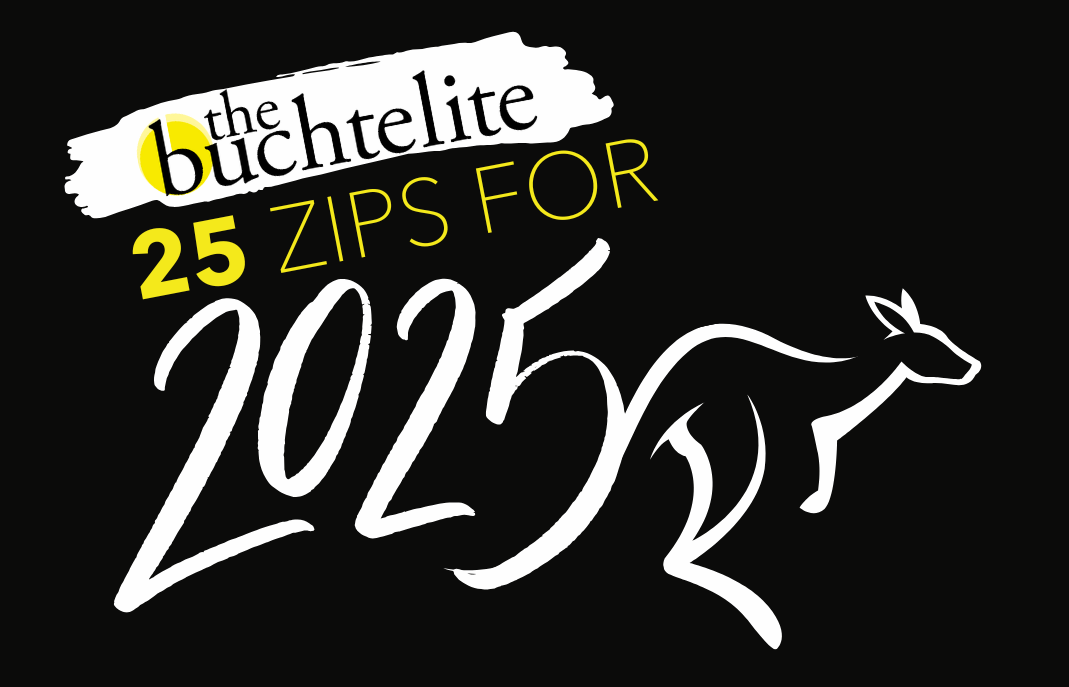Iran’s Parliamentary Elections Show the Success of the Iran Nuclear Deal
March 30, 2016
On February 28, 2016, BBC News reported that the reformist parties of Iran have recently gained 30 seats in the parliamentary elections as well as gaining greater influence within the Assembly of Experts, which the clerical body in charge of choosing the next supreme leader of Iran.
This recent gain in the polls comes at a time when a historic nuclear deal between Iran and six of the major Organisation for Economic Co-operation and Development (OECD) countries signed a nuclear agreement to cap Iran’s supply of uranium, place restrictions on enrichment, create verification mechanisms to monitor Iran’s nuclear program, and create coordination projects on energy research and development in order further strengthen the connections that Iran has to the West.
Such a nuclear deal represented a major departure from a historical alienation of Iran and its people.
This alienation can be traced to Eisenhower’s refusal to recognize Iranian oil rights and its support of a CIA overthrow Prime Minister Mossadegh.
The Kennedy and Nixon administration in turn supported the Pahlavi dictatorship and increased Iran’s dependence on US corporations in order to have an infinite amount of leverage over the Iranian state.
This is what laid the ideological foundations for the Ayatollah Ruhollah Khomeini to create Iran’s modern theocracy and in doing so developed a chilling effect on US-Iranian relations to the present day.
Still the Reagan and Bush administration attempted to undermine Iran, which ranged from supplying weapons to Saddam Hussein during the Iran-Iraq War, to supporting the terrorist Jundallah and Iranian Mujahedin-e Khalq (MEK).
The result of the Clinton administration’s imposition of sanctions, was the creation of an even stronger nuclear program of over 19,000 centrifuges, higher amounts of over 5 percent enriched uranium, and the establishment of concealed research and development programs that were meant to serve as deterrent to western aggression.
The reformist movement, which started with Mohammed Khatami, arose to counter the divide between the conservatives within the revolutionary guard and the coalition of western forces supporting a sanctions regime.
The resulting nuclear deal under the current President Rouhani was supported by the civil society as the Guardian Newspaper wrote in July of 2015 that many Iranian citizens that were victimized by their own government supported the deal in order to create better relations with the west and eventually modernize Iran’s foreign and domestic policy.
Due to this fact, we Americans must support further integration between Iran and the West.
A study by the University of California Davis noted that economic integration is a key factor in lowering the risk of proliferation. The empirical literature has also historically shown that integration can lower the likeliness of conflict between the interdependent nations
On the whole, the Iranian people have been energized by the effect of a beginning harmonious engagement and as a key geopolitical partner in a multipolar world. We the United States must bolster that democratic energy for the wellbeing of Iran.











